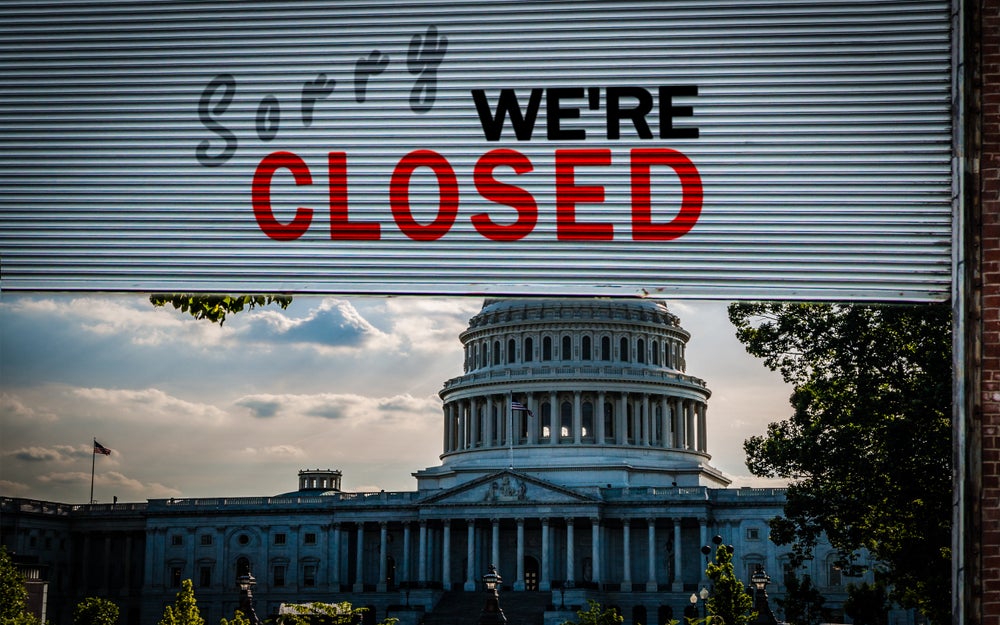New conflicts are contributing to the creation of the circumstances Vladimir Putin needs to weaken Ukrainian defences – and some of those conflicts are within the US political system.
Putin seeks a divided and distracted West; he is hoping that the world’s democracies will be too focused on emerging conflicts in other parts of the world to help Ukraine or that intraparty politics will dismantle current aid structures. It is a distinct possibility that domestic US politics may become a deciding factor in the outcome of the Ukraine conflict.
A crisis of confidence in the United States House of Representatives has left the chamber without a speaker and without the ability to consider bills. A week after the defenestration of House Speaker Kevin McCarthy, the People’s House remains without a head. While the Republican majority expected to nominate new leadership later this week, it is unclear how long it will take to confirm a new speaker—or if such a speaker will even support aid to Ukraine.
It is difficult to say how the speakership crisis will affect aid to Ukraine. Deliverance of aid is broadly bipartisan across both chambers of Congress, yet the narrow Republican majority in the lower chamber means only four holdouts can prevent a candidate from taking the gavel. Of course, it would only take a few Democrats to tip the scale by voting for a Republican speaker supportive of aid, but this seems an unlikely scenario. Equally unlikely is a scenario in which moderate Republicans support Democratic Minority Leader Rep. Hakeem Jeffries.
US aid to Ukraine is divisive
Aid to Ukraine is one issue that divides the two major candidates for speaker. One candidate, House Majority Leader Rep. Steve Scalise, has a history of supporting aid packages. The other, Judiciary Chair Rep. Jim Jordan, has spoken against future aid packages and repeatedly voted against delivery. Either way, until a new speaker is named, little can be done to further the efforts of Ukraine’s supporters. Previously existing contracts will not be impacted by the delay or cancellation of future assistance efforts, so some military equipment will still be delivered in the months ahead.
Since January 2022, the United States has spent approximately $77bn on humanitarian, financial, and military assistance to Ukraine, nearly 2/3rds of which has been put toward security assistance and military equipment. So far, US security assistance has committed or provided Abrams tanks, Javelin anti-armour systems, laser-guided rocket systems, grenade launchers, and much more. Those in Congress and the White House continue to have debates over what systems can best support the Ukrainian counter-offensive without escalating the conflict.
In recent months, members who support providing additional aid to Ukraine attempted to pass a $24bn package that likely would have supplied Ukrainian forces through the new year. With the failure to pass any aid this autumn and the ousting of speaker McCarthy, it is unknown if President Biden will request the same aid package or seek a new path forward. While the president is expected to make a major speech to underscore the importance of assisting Ukraine, ongoing events in the Middle East are likely to have caused delays.
As American politicians squabble amongst themselves, the world will not wait. Indeed, the future of the Ukrainian counteroffensive is not the only issue that Congress is unable to tackle. Without a speaker, Congress cannot allocate funding to support Israel either.
The US Senate will reconvene on Monday, 16 October; the House of Representatives must be in order by this date to act on these crises. The EU, facing rising fatigue in some of its own member states, will not be able to support Ukraine on its own. The defence industry will demand greater clarity from legislators about the future of Ukrainian aid, and tensions may rise between the two groups as investments in supply chains must be made. For now though, Congress is paralyzed and unable to offer solutions.





